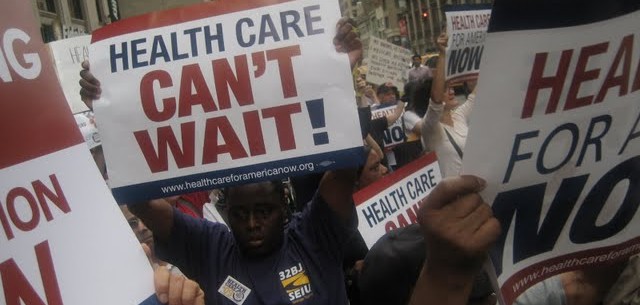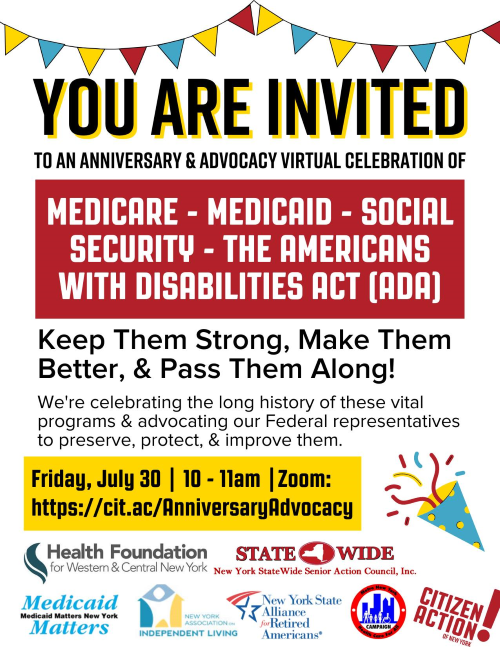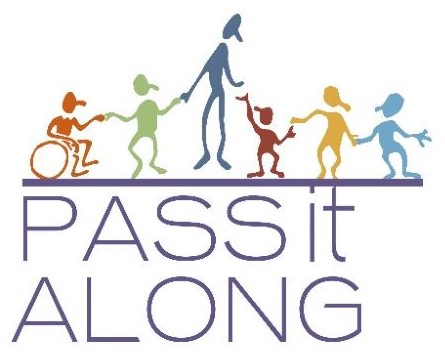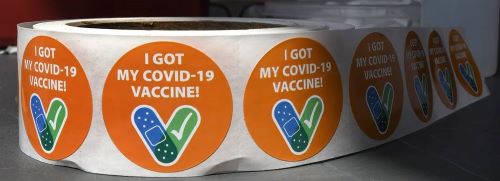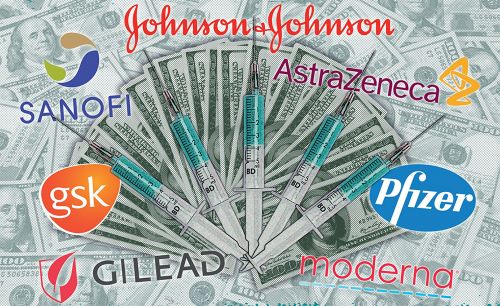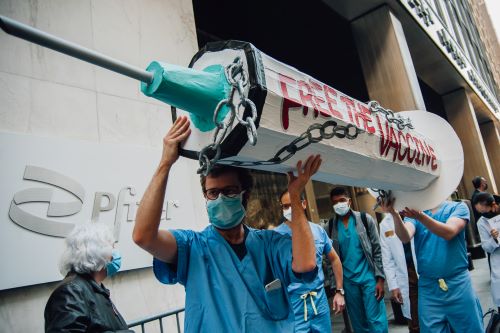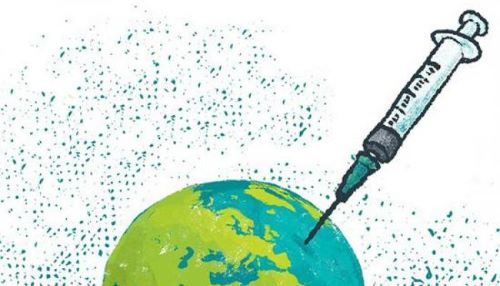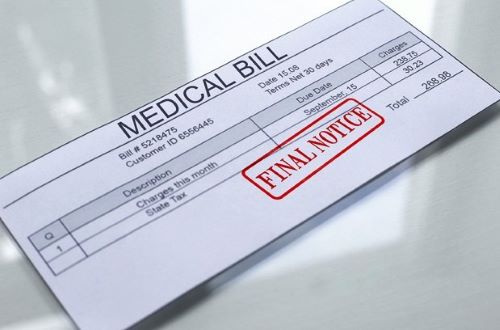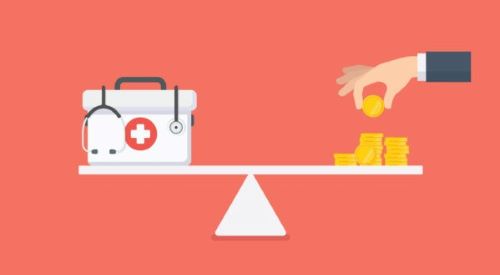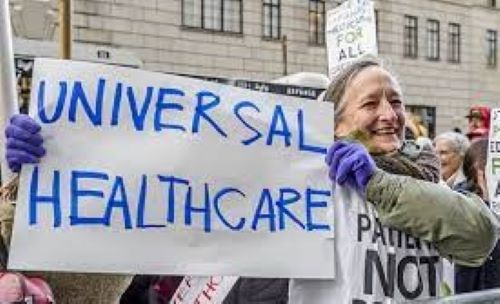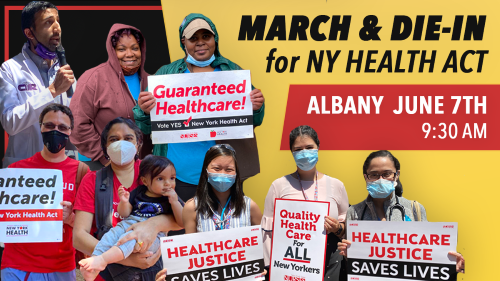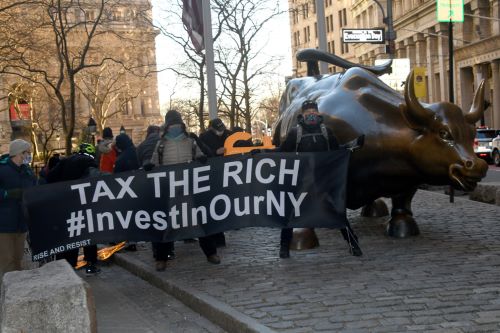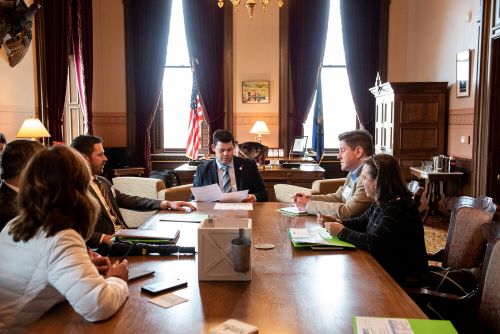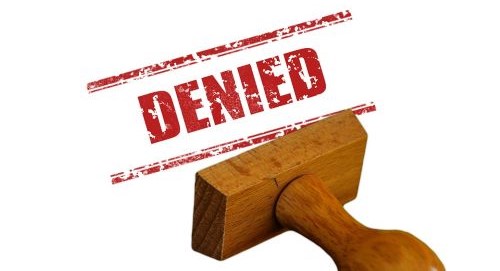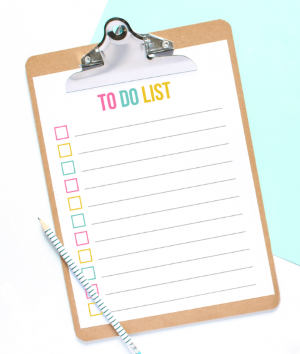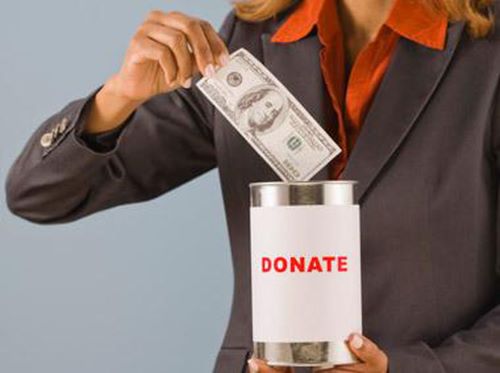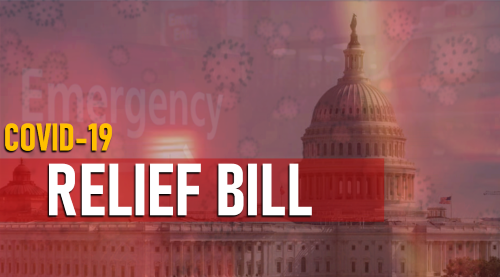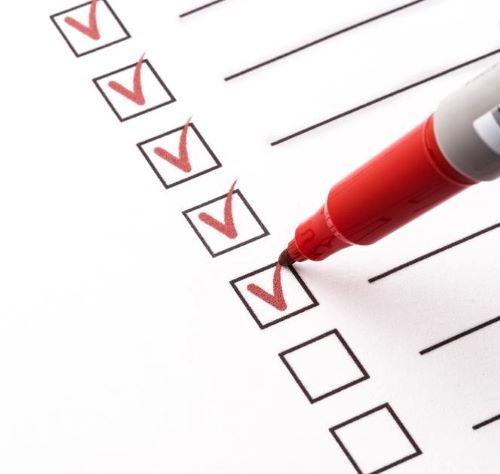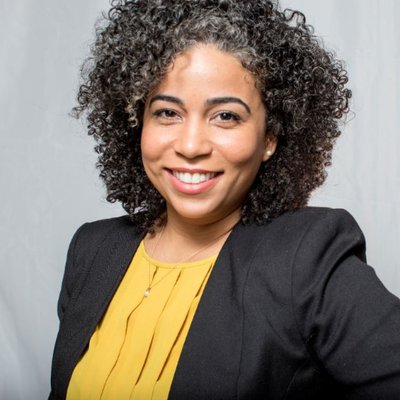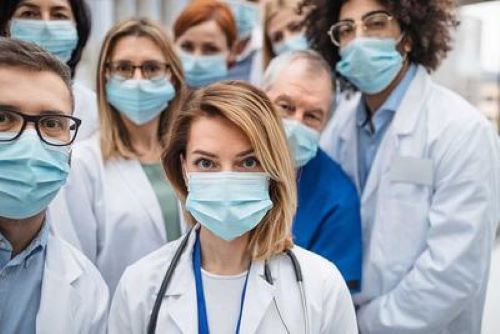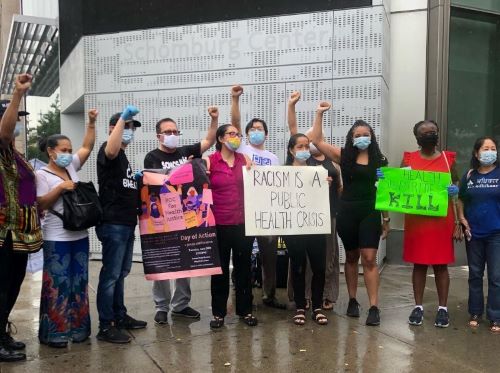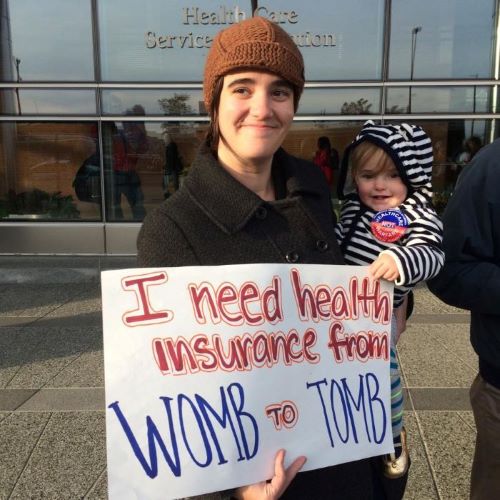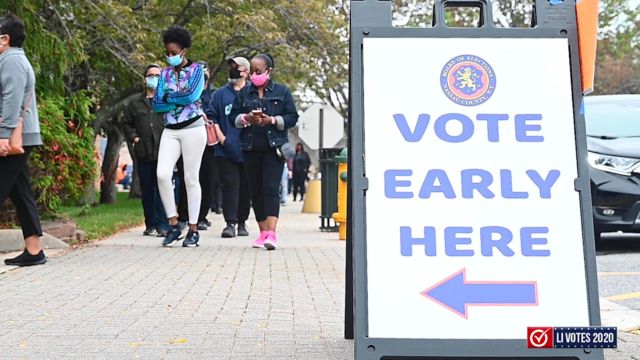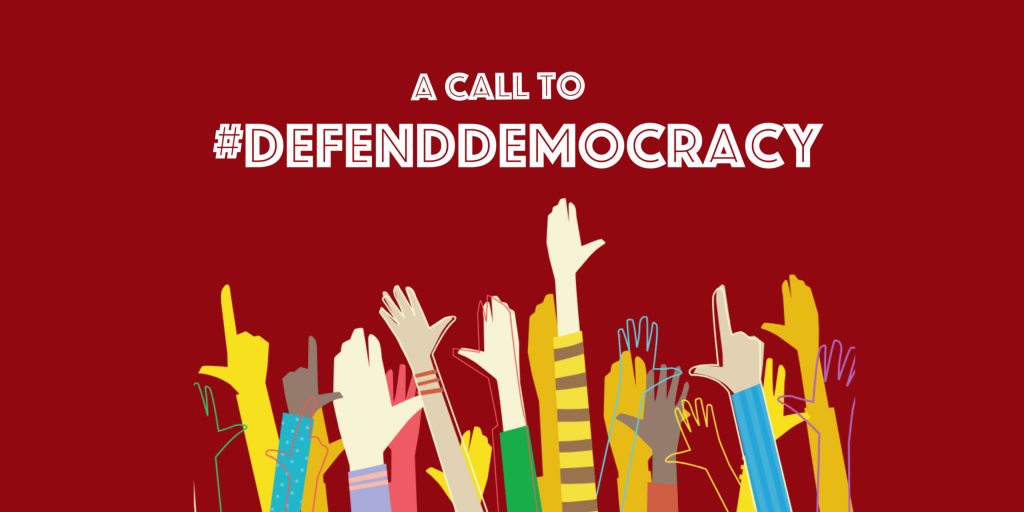Just a mere few weeks ago, we all thought that we here in the US were starting to climb out of 16+ months of pandemic lockdown. Then the new Delta variant arrived, and things stalled (if not fell backward.) One month later, we are all now re-pondering if and when and how to fully venture forth again out into the world.
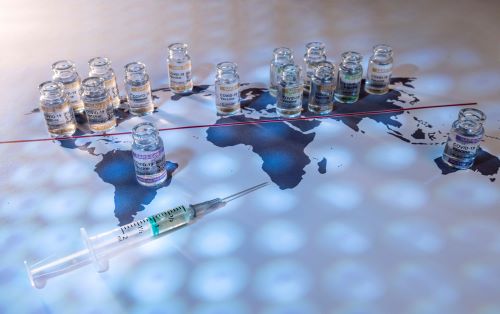
The lesson?
None of us is safe anywhere unless all of us are safe everywhere around the world. This pandemic isn’t going to end until we vaccinate everyone everywhere as quickly as possible.
However, Big Pharma and its political shills are standing in the way as the industry aims to maintain their hegemony over responding to and profiteering from the pandemic. Unless their stranglehold over COVID-19 treatments and vaccines can be broken, we face months and years of continued struggle to overcome the worst global public health crisis in over a century.
Last spring, the Biden administration (surprisingly) announced US support for international efforts to waive international property rights so that vaccines and treatments can be quickly mass produced and used all over the world. Everyone who believes in health justice cheered. However, since then they have done little or nothing to make the waivers actually happen quickly. Instead, they are allowing the European Union (at the behest of Germany) to block them on behalf of Big Pharma. Meanwhile, the pandemic continues to rage in many countries, and new viral variants emerge that threaten all of us, whether we are vaccinated or not.

What can be done?
The forces involved in the People’s Vaccine Alliance and the Free the Vaccine movement have joined together to launch a mass online petition campaign here in the US, It calls on President Biden and the White House COVID-19 Task Force to assert US leadership internationally to get the waivers done NOW so that the global pandemic can be ended as soon as possible, and we can no longer be at serious risk for new deadly viral variants.
YOU can sign the “Suspend Pharma Monopolies Now!” petition here.
YOU can let others know about it and urge they do so too.
President Biden recently announced that he hosting a “Global COVID-19 Summit” next month, so tens of thousands of signatures are needed right away before then. We appreciate all that you can do to make that happen!
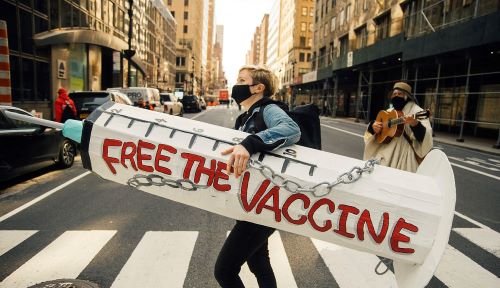
Since last spring, we’ve been proud to help lead the Free the Vaccine movement here in New York and nationally. We have been working with various local partners to hold several street actions targeting our hometown Big Pharma nemesis Pfizer for its role in leading the industry’s opposition to the waiver process. We’re now all working on our next event to take place sometime in mid-September in conjunction with the annual United Nations General Assembly and President Biden’s Summit.
